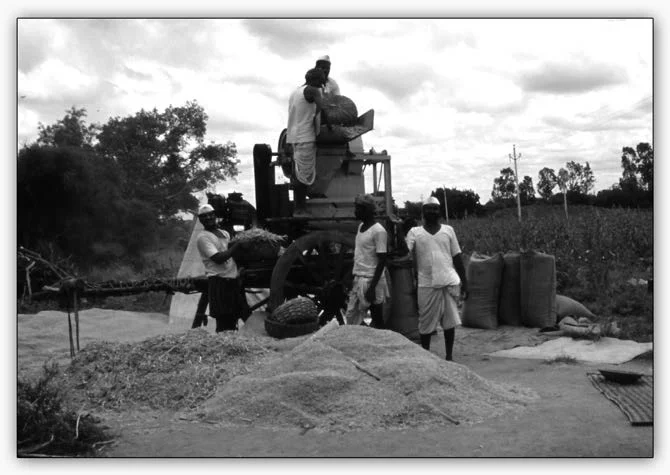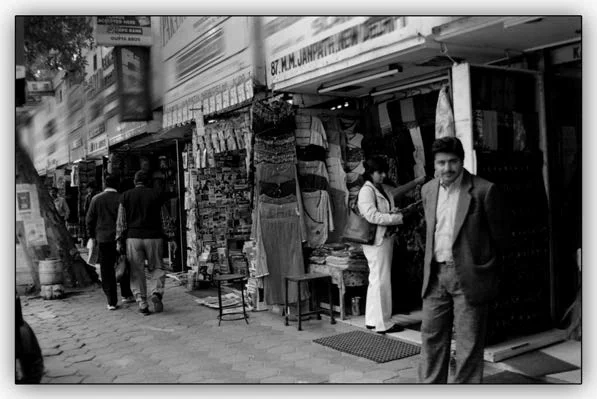![]() 12 Dec 2023
12 Dec 2023
The study of work and economic life is a fundamental aspect of sociological inquiry, exploring the intricate relationships between individuals, societies, and the economic life that shape human existence. Work is not only a means of economic survival but a crucial dimension of identity, social organization, and power dynamics within societies.
|
Caste-based trade among the Nakarattars of Tamil Nadu
|
|---|
Social Organisations of Markets – Traditional Business Communities

Agricultural work in a village

New Markets
|
How did the Marwaris transform themselves into modern industrialists?
|
|---|
<div class="new-fform">
</div>